Climate change is having the biggest impact on those who have contributed to it the least. While the main perpetrators of climate change are doing little to change their lifestyles, people in the Global South are already struggling with the devastating consequences. Together, we are working for climate justice.
Climate change has long been a reality and it affects us all. Extreme weather events such as droughts, floods and hurricanes are increasing worldwide and are destroying livelihoods. Countries in the Global South, which often do not have the necessary resources to adapt, are particularly affected. Millions of people are losing their harvests, their homes and their prospects.
While the main perpetrators of climate change are doing little to change their lifestyles, others are already struggling to survive. terre des hommes schweiz is committed to mitigating the negative consequences of climate change, promoting fair solutions and building a sustainable future .
What does climate justice mean?
Climate justice means that the countries of the Global North, which have historically contributed the most to climate change, take responsibility for the consequences. This responsibility includes not only reducing their own CO 2-emissions, but also supporting adaptation measures in the affected regions, such as countries in the Global South that have contributed little to the climate crisis.
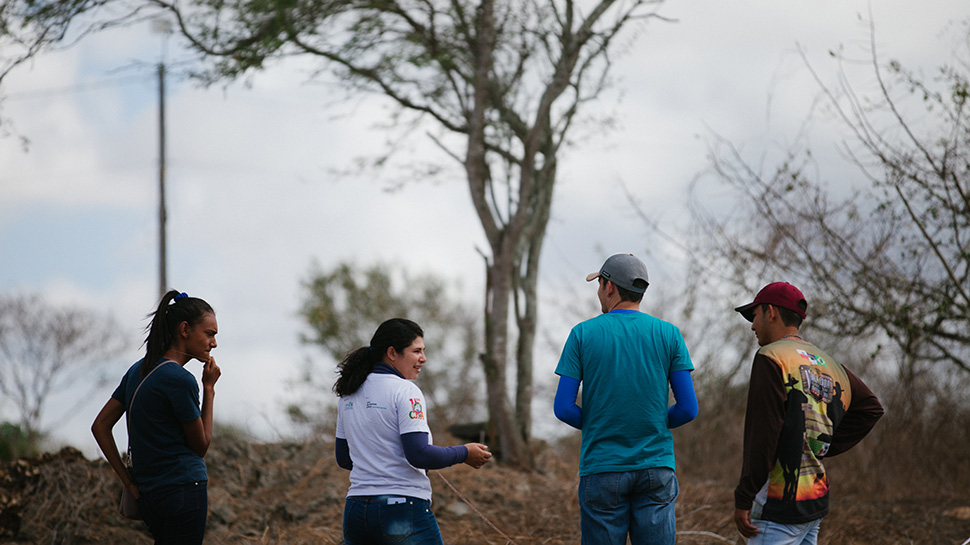
Our commitment to people and the environment
Climate change is threatening the livelihoods of millions of people worldwide. Our projects show how sustainable solutions can help. Our climate justice approaches focus on education and sustainability in order to create long-term prospects and protect the climate.
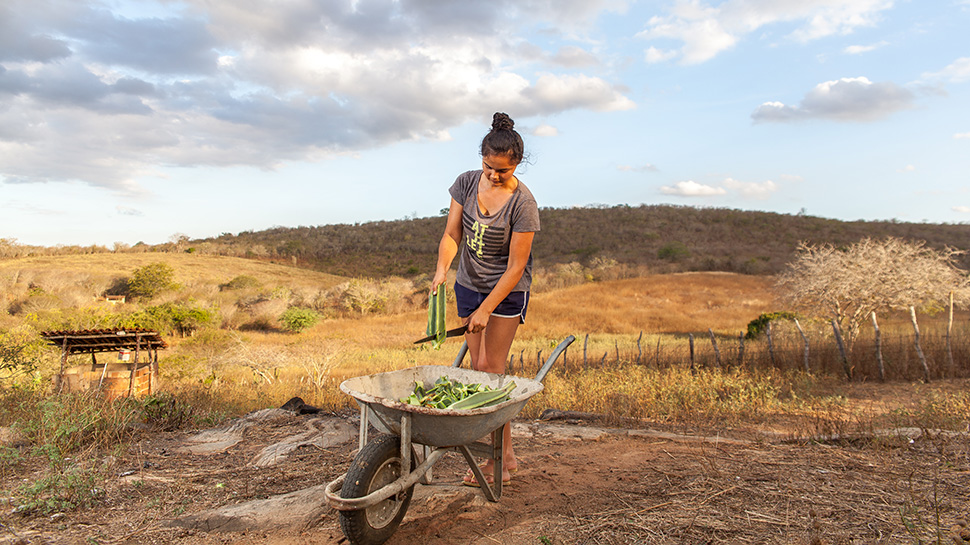
Brazil. Droughts and heavy rainfall threaten agriculture. Through agroecological projects, we help young people to create sustainable livelihoods and protect their environment. For example, agroforestry systems regenerate soils, store CO₂ and promote biodiversity – a win-win situation for people and the climate.
Mozambique. Increasingly violent cyclones are destroying homes, fields and livelihoods. In cooperation with partner organisations, we help the communities affected to better defend themselves against natural disasters and rebuild their livelihoods.
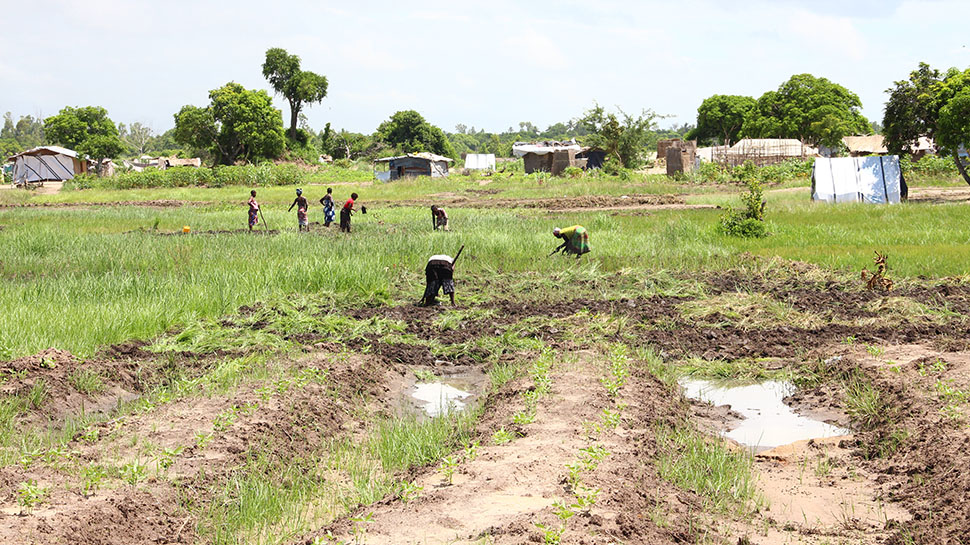
The transition to renewable energies is urgently needed, but not all measures are fair. In the Global South in particular, large infrastructure projects are often carried out without consideration for local communities. It is crucial that climate protection measures respect human rights.
Western Sahara. Renewable energy projects are being built in the territory occupied by Morocco – without the consent of the Saharawi population, who are suffering repression there.
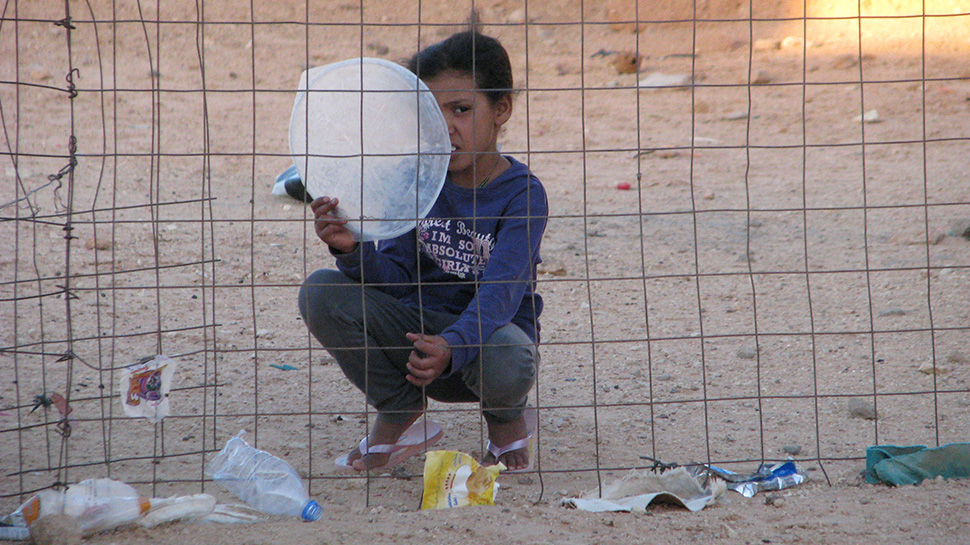
terre des hommes schweiz is committed to climate justice on several levels. Our goal is fair solutions to the global climate crisis.
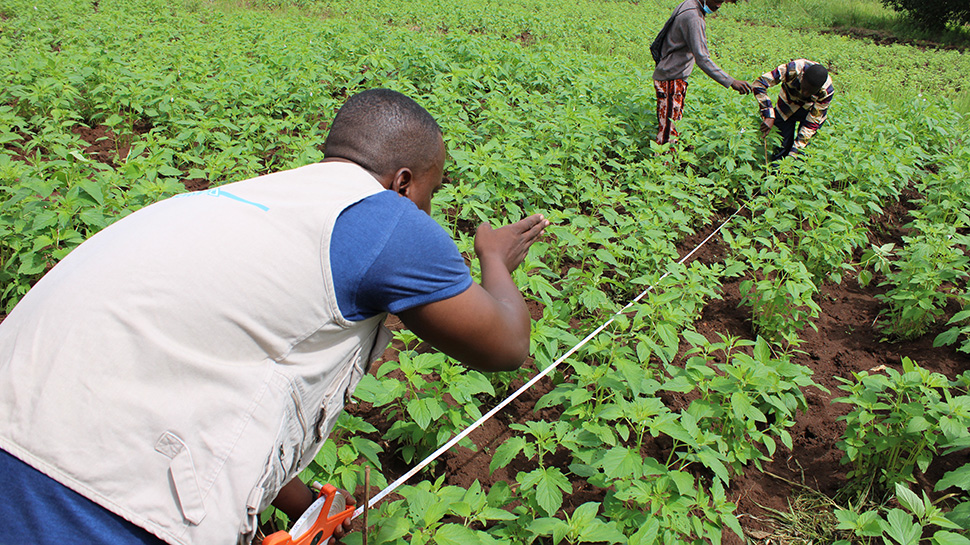
Do you have any questions or would you like to find out more?
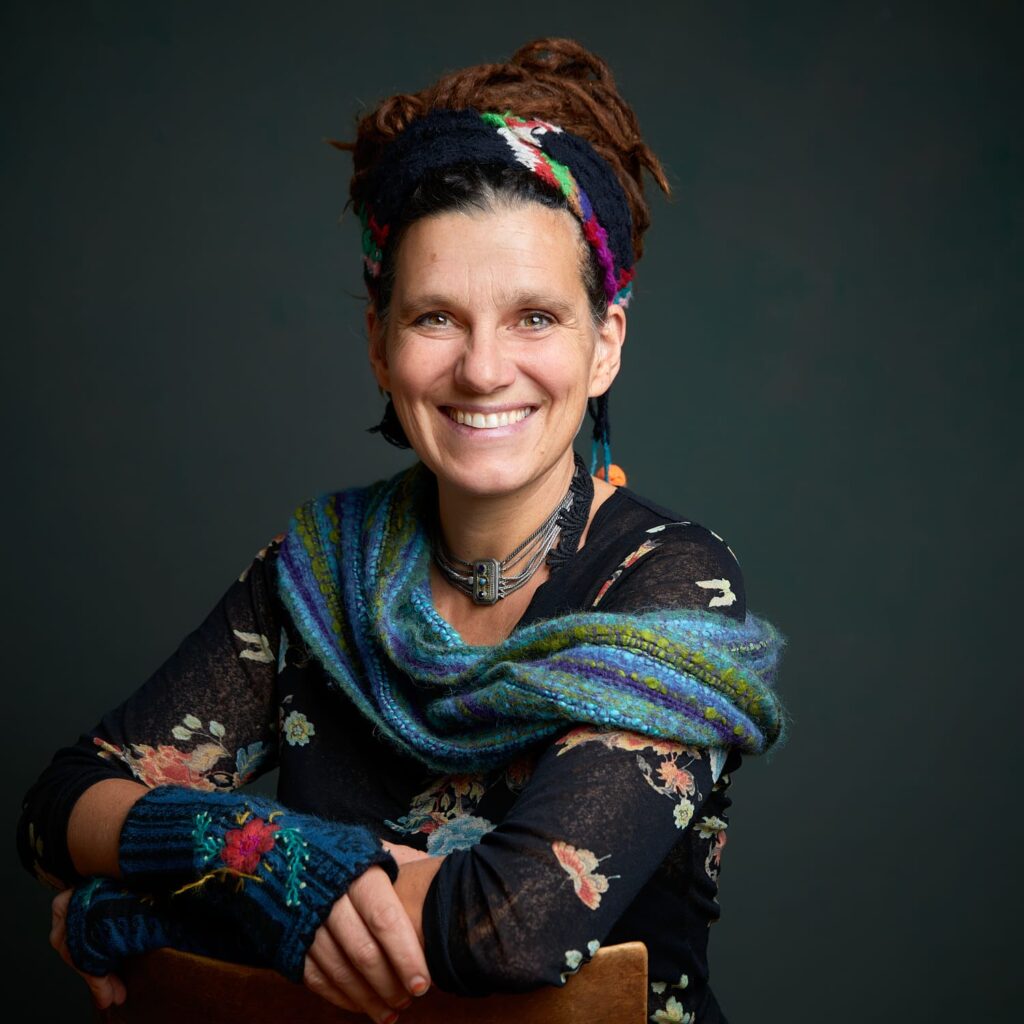
Annette Mokler
Responsible for the topic of climate